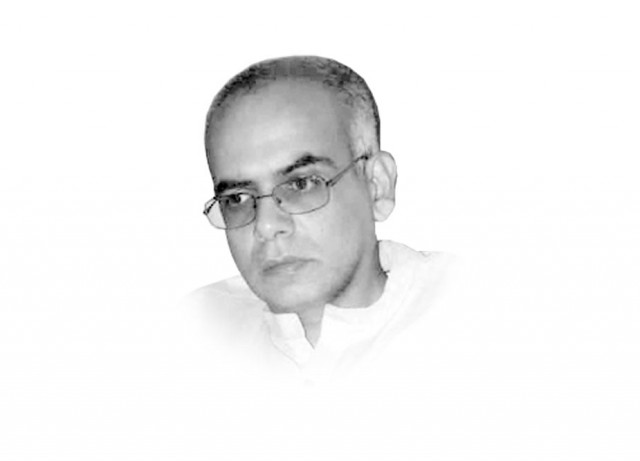Global war and peace
With half a billion people now at risk of conflict, instability, world has become less peaceful every year since 2008.

The GPI’s ranking criteria can be categorised into three broad themes: the level of safety and security in society; the extent of its militarisation, and the extent of a country’s involvement in domestic or international conflict.
Tracking trends over the past seven years, this year’s GPI ranking provides the eighth annual assessment in which 10 countries (including Zambia, Haiti, Argentina, Nepal, and Qatar) are identified as places which could experience deteriorating peace in the next couple of years. Syria has also displaced Afghanistan as the world’s least peaceful nation in the current year’s ranking. Pakistan’s position also remains at the bottom rung of the GPI, with its rank of 154 out of 162 countries.
Iceland, Denmark, Austria, New Zealand and Switzerland are placed at the top of the GPI ranking. It is, however, interesting to note that the United Kingdom was ranked 47th, France 48th, and the US was placed all the way down at the 101st position on the index. The enormous military spending of these latter countries (the US, the UK and France) is one reason why they are not ranked favourably.
The GPI’s inability to discern between countries like Japan, which continue to benefit from security provided by powerful states like the US, which in turn is penalised for its military expenditures — which are also incurred in order to preserve ‘global peace’ — have not yet been conceded to. That is, however, a good decision, given the counterargument about the detrimental role of Western countries like the US, the UK and France in exacerbating tensions or violence within developing countries, or being unable to thereafter effectively contend with escalating violence and insecurity despite their interventions, such as in Iraq and Afghanistan.
Other major factors that have driven the deterioration in peace include the continued economic repercussions of the global financial crisis, the reverberations of the Arab Spring, and the ongoing threat of terrorism and other conflicts, which have also resulted in a significant number of refugees and displaced people. The economic cost of containing and dealing with the consequences of global violence during this last year was estimated to be $9.8 trillion, which is equivalent to 11.3 per cent of the global GDP — and this amounts to nearly $1,350 a person.
With half a billion people now at risk of conflict and instability, the world has become less peaceful every year since 2008. The need to better understand and track the causes of conflict and violence does need urgent attention. The GPI’s attempt has thus received endorsements from a number of major international figures, including former secretary general of the United Nations Kofi Annan, the Dalai Lama, Archbishop Desmond Tutu, Grameen Bank’s founder, Muhammad Yunus, and former US President Jimmy Carter.
These high-profile endorsements do not mean that the GPI ranking is perfect. The index has rightly been criticised for not including indicators specifically relating to violence against women and children, for instance. However, the GPI’s methodological approach does not have the biases against developing countries, which other rankings such as the ‘failed states index’ exhibit.
Published in The Express Tribune, July 11th, 2014.
Like Opinion & Editorial on Facebook, follow @ETOpEd on Twitter to receive all updates on all our daily pieces.















COMMENTS
Comments are moderated and generally will be posted if they are on-topic and not abusive.
For more information, please see our Comments FAQ